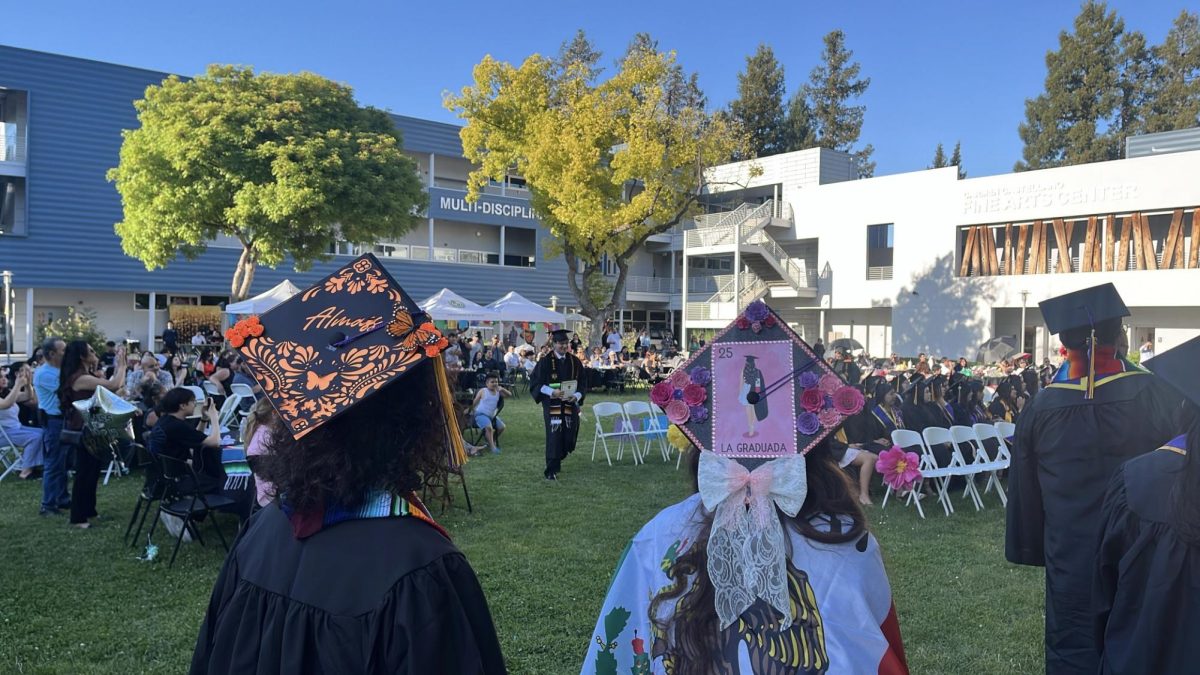SJCC Times
By Alex Martinet
It’s the start of the new semester, and students are already eager to sign up, and engage in their classes, but for students who need assistance are the victims of poor department communication throughout San Jose City College.
Student with special needs are provided support at the Disability Support Program & Services (DSPS) accommodation they’re unique needs. There are physical, mental learning, or sensory disabilities that the DSPS help provide services for like increased on tests, the ability to listen to music, and individual counseling to help make sure students aren’t following behind.
DSPC only has one full-time counselor with the main job of managing the center, and to meet with students 32 hours a week. Making up the majority are experienced part-time advisers that are often busy meeting with students on a daily basis. However not everything goes to plan all the time, and some times students fall through the cracks as a result impacting their education experience.
Joan Beecher, a parent/guardian for Jamie Beecher, an autistic disabled student at San Jose City College, went missing after her class was canceled. She stopped by see her regular counselor, but wasn’t available to take any more appointments. Joan had no whereabouts of Jamie on campus, and immediately started calling every department in San Jose City College.
“Jamie went to her, but the door was locked with no note as to where the class was relocated,” said Joan Beecher. “ I don’t know if Mark gave her the wrong room, but we did not know what was going on.”
One of the bigger issues for DSPS advisors are they’re not notified when classes are canceled, which can costs money for Outreach, a private transportation service for disabled, and San Jose City College services. Joan paid 16 dollars to Outreach before knowing that class was canceled.
According to Mark Taberna, Jamie’s advisor at DSPS who has previously worked at Gavilan College before working part-time on campus thinks her situation was a rarity.
“Since I’ve been here, and I’ve been here for a year, this is the first time it has been brought up to me” said Taberna. “That a class was canceled, and a student has no whereabouts.”
Taberna believes that future situations like Jamie’s can be eliminated if more departments in San Jose City College were frequently coordinating with the program.
“The problem is that there is a lack of communication with departments I think,” said Taberna. “A lot of times it’s like, ‘oh its a DSPS student you should handled it.’ Well if the class is canceled what do you expect us to do?”
Taberna is appreciative of families who are active about their child’s safety, and education on campus. Without their support he fears that teachers wouldn’t be grant students their accommodations in classrooms.
“ Believe are not instructors don’t give students accommodations because they believe that if they work hard enough they will get it. Never mind if they have dyslexia for example,” said Taberna.
One of the many items he previously requested was for movies/videos that are shown in class to be shown with closed-captioned. Some teachers often practice for the majority of the class causing students with special need to feel left out, and disconnected as a result.
Section 508 Standards for Electronic and Information Technology § 1194.24 Video and multimedia products states the all audio materials necessary for the comprehension of the content, must be be open or closed captioned.
Taberna knows he stands on the right ethical ground, but he knows he’s fighting an uphill battle. Until instructors go out of their way to treat students fairly across the board then this problem will always come up. Until that day he’s fighting the good fight by keeping an open door to students and addressing their concerns.







